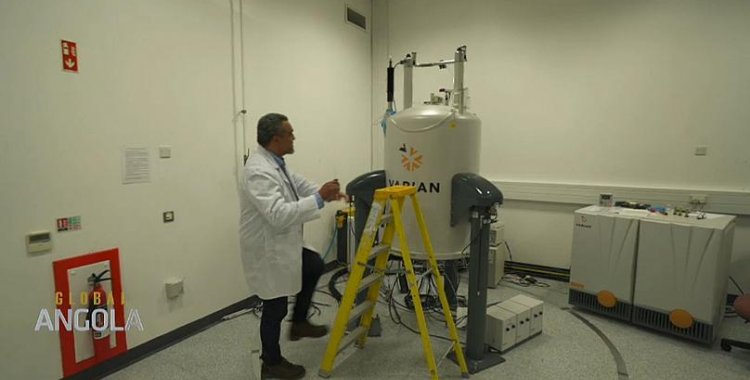Born in Angola in 1965, Mateus Webba da Silva now lives in Belfast, Northern Ireland. Thousands of kilometers separate the scientist from his native land - Luanda - where, contrary to what happens today, he completed the most important stage of his training: a degree in chemistry.
“We had a good library. I spent all the time in the library and we had many opportunities to do practical work. At that time, the course in Angola was fantastic in terms of skills acquisition. What I did was take advantage of every opportunity to follow the path of science ”, reveals the scientist to the television station.
After completing his degree in the capital, he knew immediately that he wanted to be a scientist, having completed a PhD in England and built a career in the USA and Sweden.
He is currently responsible for innovative research on the formation of DNA - the so-called ‘code of life’ - at the University of Ulster in Northern Ireland.
“The DNA contains the genetic information. In order to reproduce, for the reproduction of life, it is necessary to store this information. That's what DNA does. It brings together a sequence of self-assembling blocks. It is important to understand how this happens in order to understand the functioning of living systems and to understand how diseases arise and how we can interact with them ”, he explains.
Mateus Webba da Silva was responsible for installing a machine at the university where he works, in which several experiments with DNA are carried out. Using a giant magnet and radio frequencies, the device analyzes DNA samples and shows how its different elements work, helping scientists to reproduce nature.
“We live in an exciting time. When we work in various areas related to DNA nanotechnologies and understand a little how the elements of DNA are structured, we can use that experience and this knowledge and apply it to various things. It is an infinite world of possibilities that is happening now and that people are beginning to know ”, says the scientist to Euronews.
Despite his built career and all the recognition, the scientist says he is open to embracing new challenges: “There are still many things that I would like to investigate. I am available to move in new directions, wherever the possibility arises".







